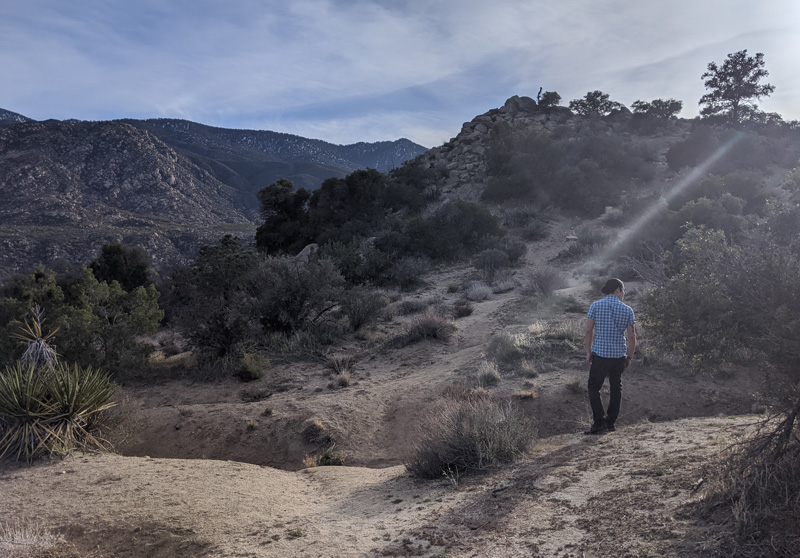The vernal equinox steadily approaches-this year on March 20th-and with it, we can feel the earth beginning to wake from its winter slumber. Though the Gregorian calendar situates the “new year” in the depths of winter, in the northern hemisphere, many of our Indigenous relatives have recognized the spring equinox as the time for reawakening and new beginnings.
For the Mexica (Meh-SHEE-kah), we refer to this time as Yankuik Xihuitl (YON-kweek SHEE-hweet) in Nahuatl (NAH-hwat)-our ancestral language. Directly translated as new year, Yankuik Xihuitl is a sacred time of ceremony, reflection, and deep listening. Along with many other Indigenous communities, our ancestors long recognized this moment as a profound time of transformation-for the world in which we live, but also within ourselves and the communities in which belong. This transformation speaks not only to the changing of seasons with all its gifts, but also to the deep spiritual, mental, and emotional possibilities for growth and cultivation.
The Mexica are a distinct tribal people drawing roots from the central valley of Mexico. Though more commonly known as the Aztecs-a term popularized in the 18th century by a Spanish Jesuit scholar-it is not a name that we generally use to describe ourselves. The language of the Mexica is Nahuatl, spoken by over two million people in Mexico and the US and is considered an Uto-Aztecan language, alongside: Comanche, Hopi, Hichol, Ivilyuat/Cahuilla, Luiseno, O’odham, Paiute, Serrano, Shoshone, Tongva, and Yaqui (among others).

As a recent transplant to the Twin Cities in Minnesota from Los Angeles California, I am deeply grateful to have the opportunity to be in ceremony and to practice our traditional ways of knowing and being with our Mexica kinship community, Kalpulli Yaocenoxtli (Kal-PULL-lee yow-se-NO-shtlee)-which translates as the Warriors of the First Cactus Flower. In preparation for the upcoming cyclic shift, which begins on March 12th at 12:45 a.m., we first observe the five days of Nemontemi (neh-mone-TE-mee)-the final days of the year that fall outside of the eighteen ritual months of twenty days each. Interpreted as “that which completes”, Nemontemi is marked as a ritual time of reflection and fasting, in preparation for the Yankuik Xihuitl shift.
This year, we prepare for the shift into chiknahui kalli (cheek-NA-hwee KAH-lee), or nine house. The universal quality of kalli represents balance, structure, and discipline. A year devoted to kalli embodies the pursuit of knowledge and the search for truth. NABS has always recognized the connectedness of Truth, Healing, and Justice. Similarly, NABS’s 2021 research and programming have brought me renewed levels of ambition and determination. Moving forward past a year marked by myriad challenges provoked by COVID-19, we enter this new year ready to embrace transformation and the continued search for Truth and Healing.

As virus transmission rates continue to decrease and the warm weather returns, I’m optimistic that our preparation will meet the moments of opportunity integral to achieving our many project goals. Projects that have been years in the making and are foundational to Truth, Healing, and Justice. In this season especially, we are eager to expand our engagement with coalition members, boarding school survivors and descendants, and the public at large. Many blessings to you in this spring equinox season as we embrace this time of transformation. Paqui Yankuik Xihuitl, Happy new year!
Samuel B. Torres, ED.DDirector of Research and Programs
(Bio) Pronunciation Guide:
Mexica: meh-SHE-kah
Yankuik Xihuitl: YON-kweek SHE-hweet
Chiknahui Kalli: cheek-NA-hwee KAH-lee
Paqui Yankuik Xihuitl: PA-kee YON-kweek SHE-hweet
Cintli: SEENT-lee
Huitzilopochtli: hweet-zee-lo-POE-shetlee
Kalpulli Yaocenoxtli: Kal-PULL-ee yow-se-NO-shtlee
